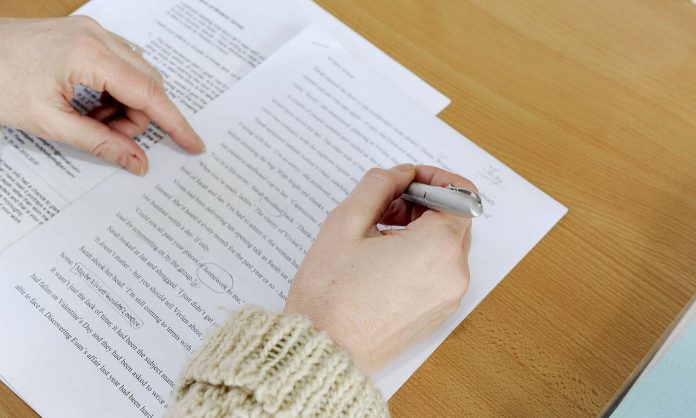
Continuing her Writer’s Digest series on finding the right editor for your work, Tiffany Yates Martin discusses how to evaluate editing samples you’ve obtained from potential editors.
Yates considers an editing sample a non-negotiable. How can you evaluate an editor’s work if you don’t have an example of it? But even if an editor does good work, determining whether they are a good fit for you can be tricky. Yates suggests a few questions to ask yourself about how the edits feel:
- Does the editor “get” your voice and your story?
- Does the feedback ring true to you? Does the editor zero in on places you thought weren’t working?
- Do you like the editing style and personality? Do you want a formal, business-like approach or someone who drops in a smiley emoticon once in a while?
- Does the feedback make you excited to get to work on your revisions?
If the answer to these questions is yes, Yates offers a few more that will help you get into the specifics of the editing itself:
- Do the editor’s comments reflect your vision for the work? Do they understand your intentions? A good editor will give you feedback on craft but will also help you express your intentions. They shouldn’t try to push you in one direction or the other.
- Does the editor offer solutions or just point out problems?
Good editors don’t take shortcuts, but shine a light on areas that need work, Yates Martin says. They offer suggestions but don’t tell what to choose. They might also point out your strengths, scenes that worked well or sections where they felt strongly engaged with your story.
Finally, Yates suggests examining the editor’s tone. A good editor will give honest but constructive feedback and won’t denigrate your skills, even if they find a lot of problems. “A good edit should never feel highhanded or condescending, denigrating or belittling,” Yates Martin says.
If an editor doesn’t offer sample edits, ask to see pages from past edits they’ve completed for other writers. Ask for references and referrals to obtain these, if needed.











